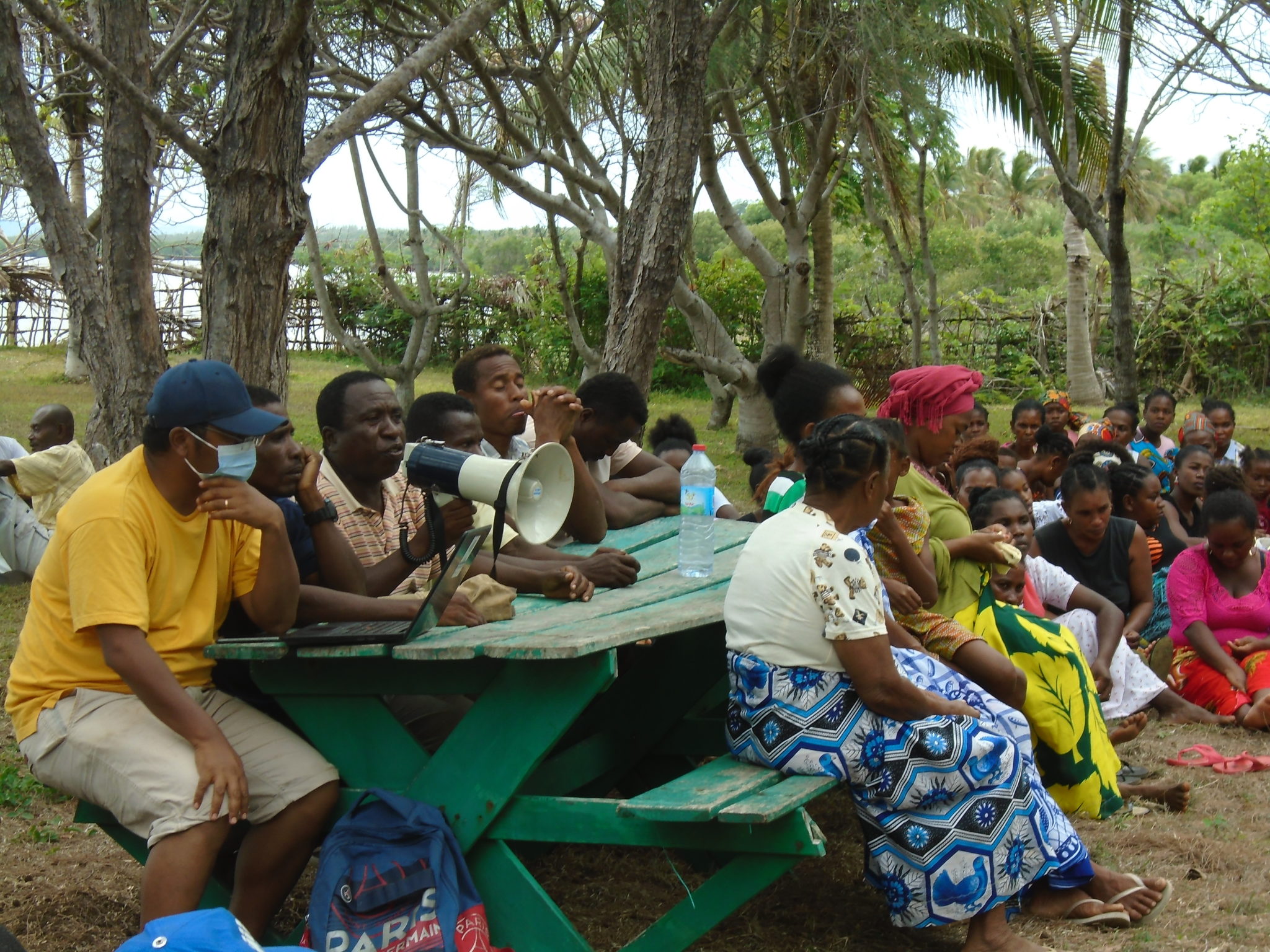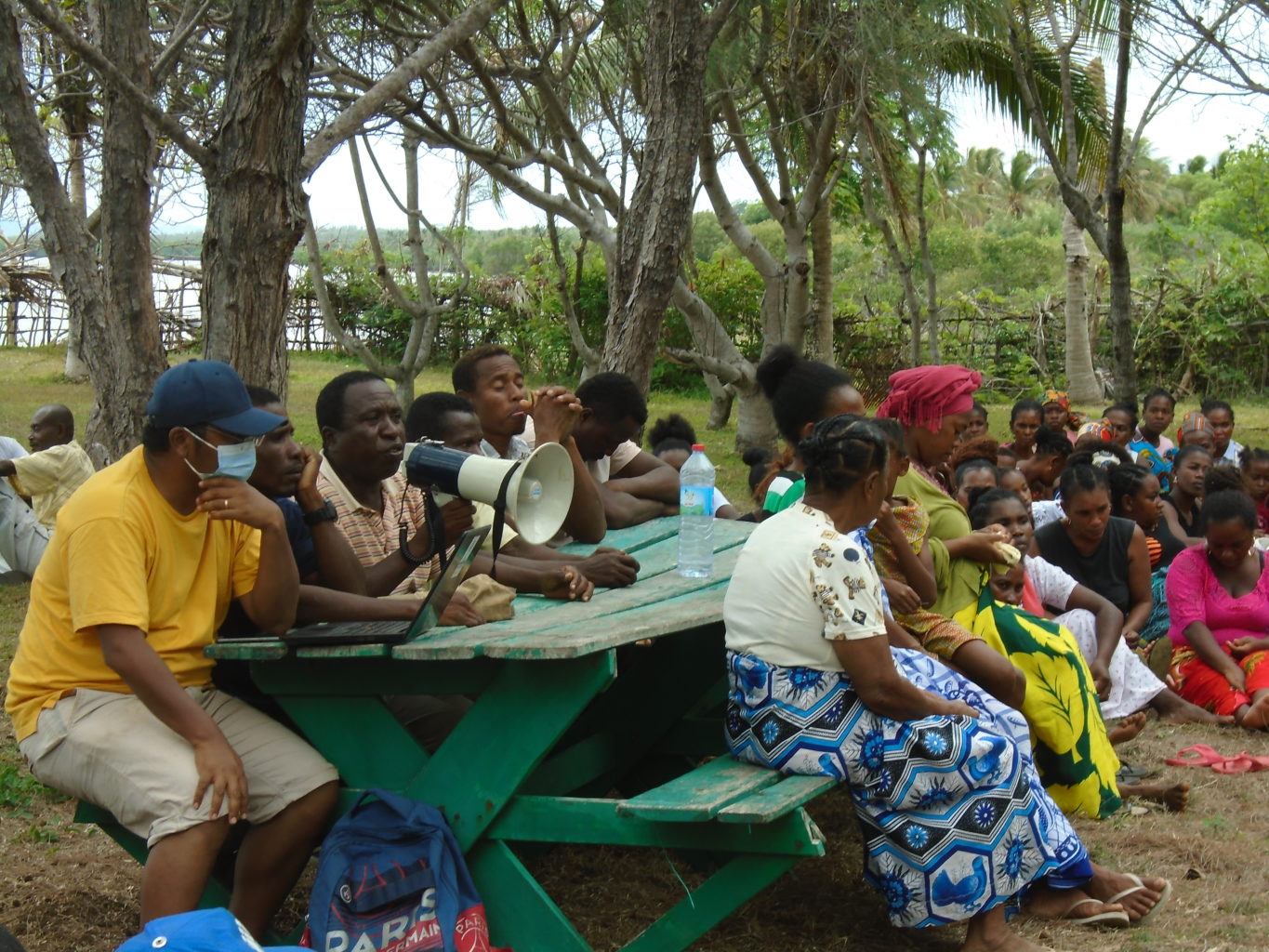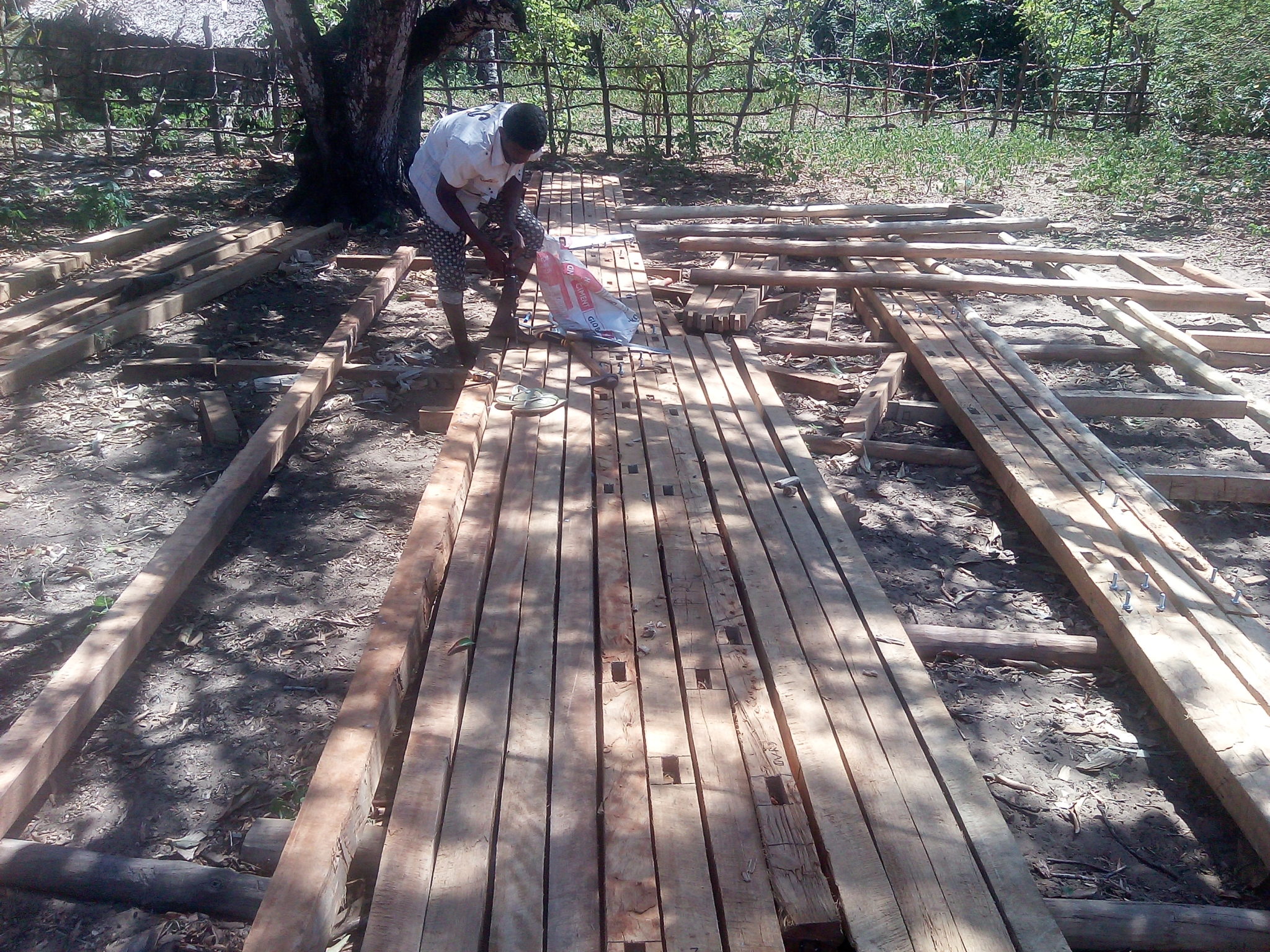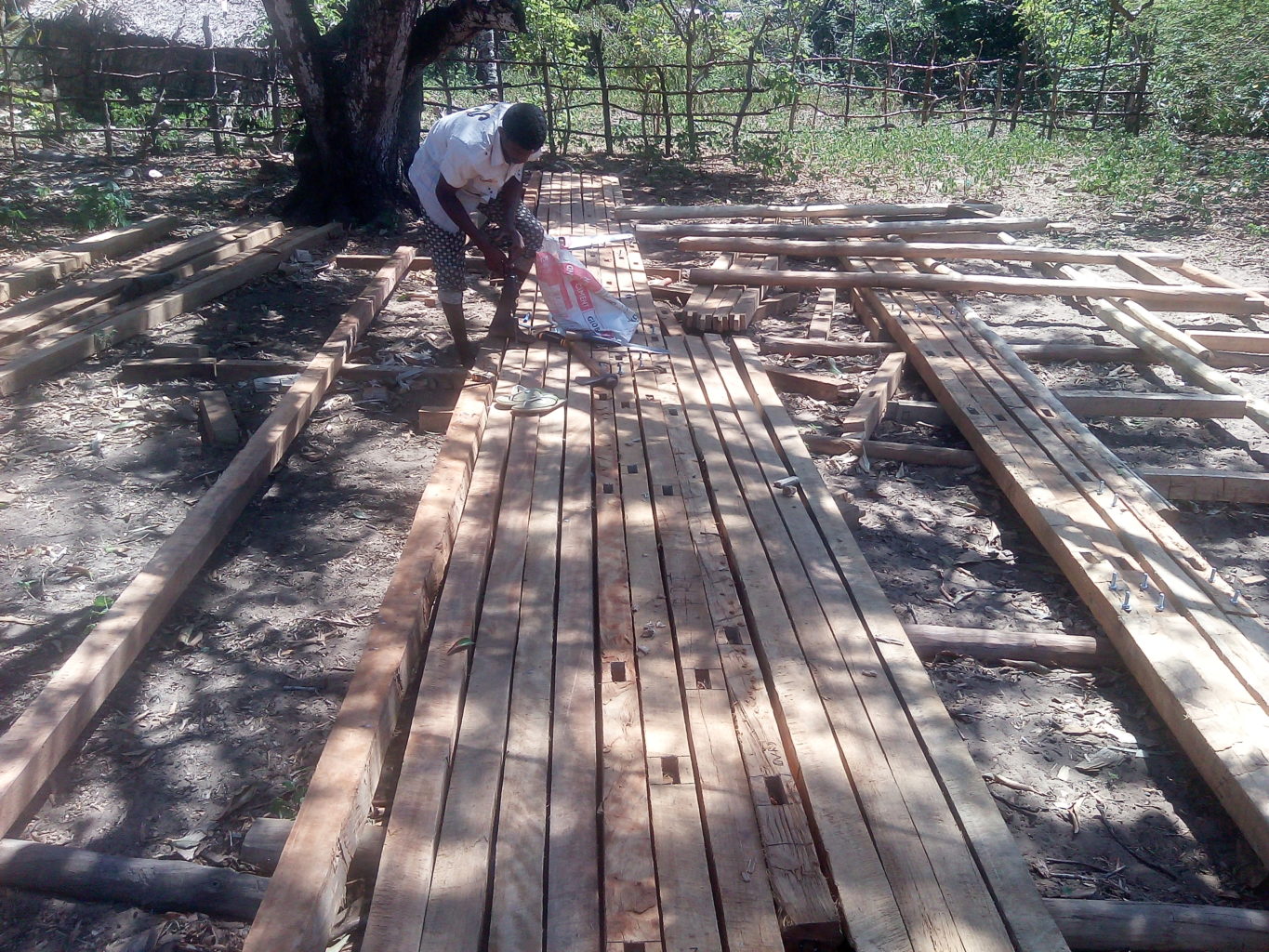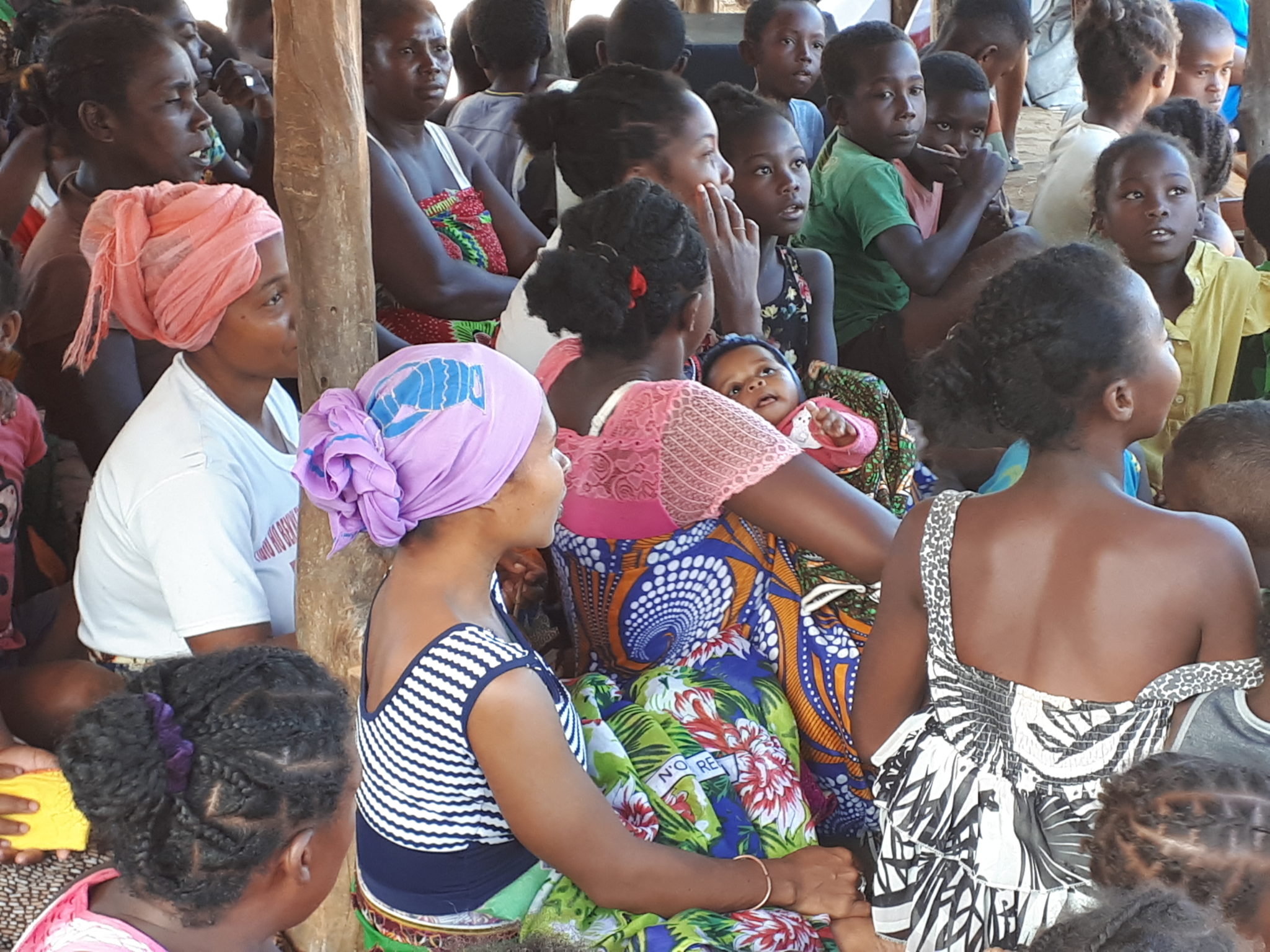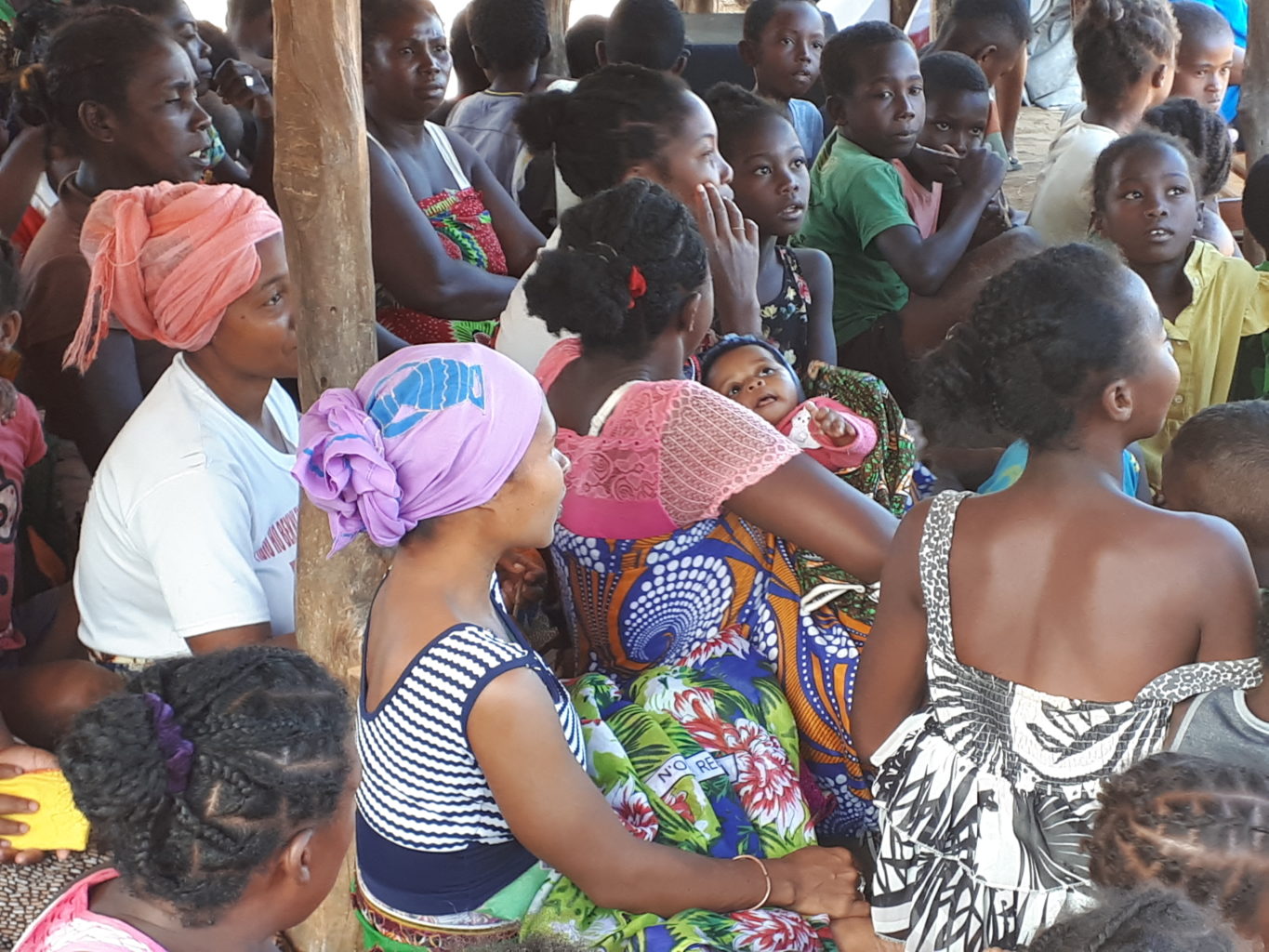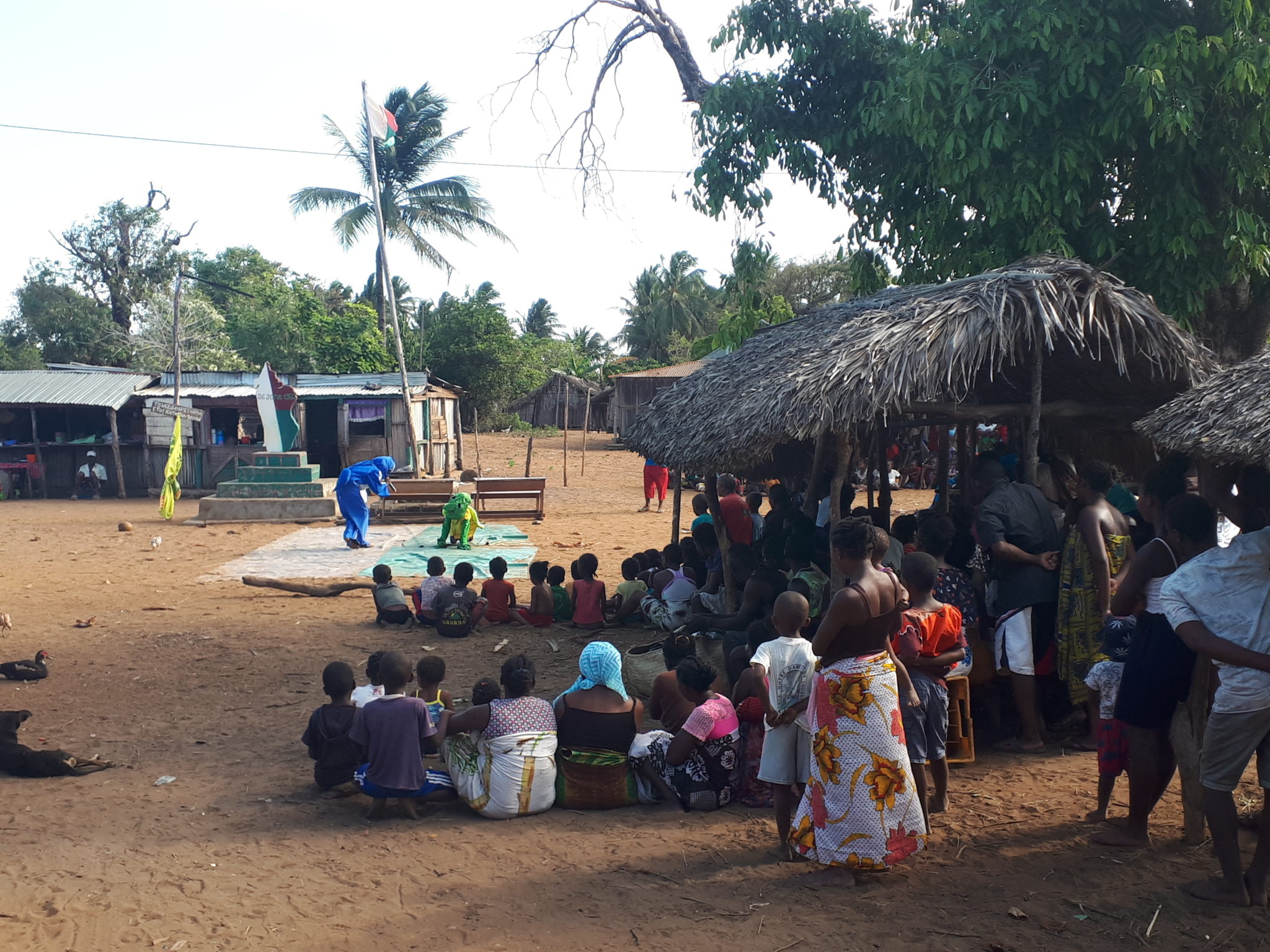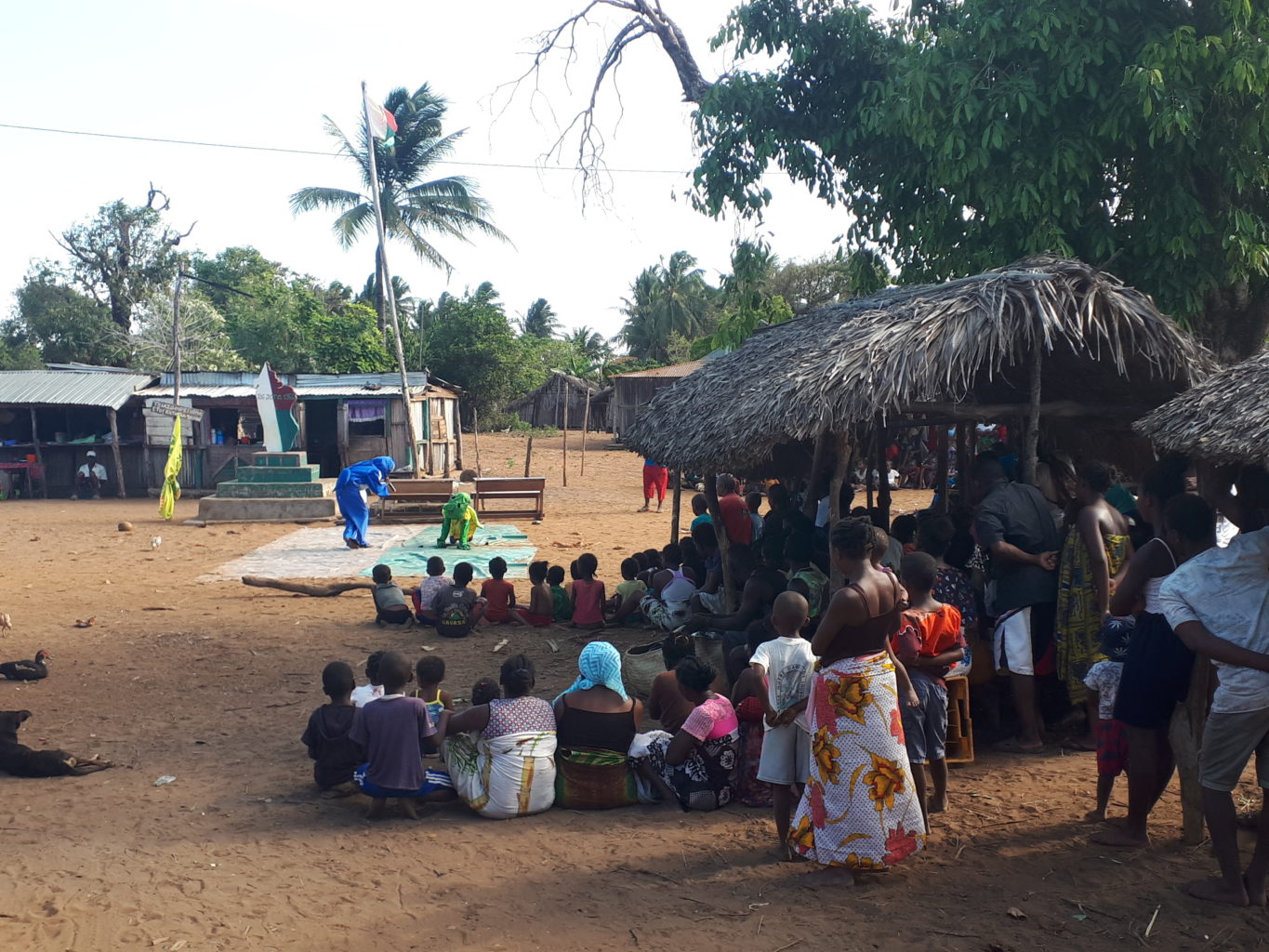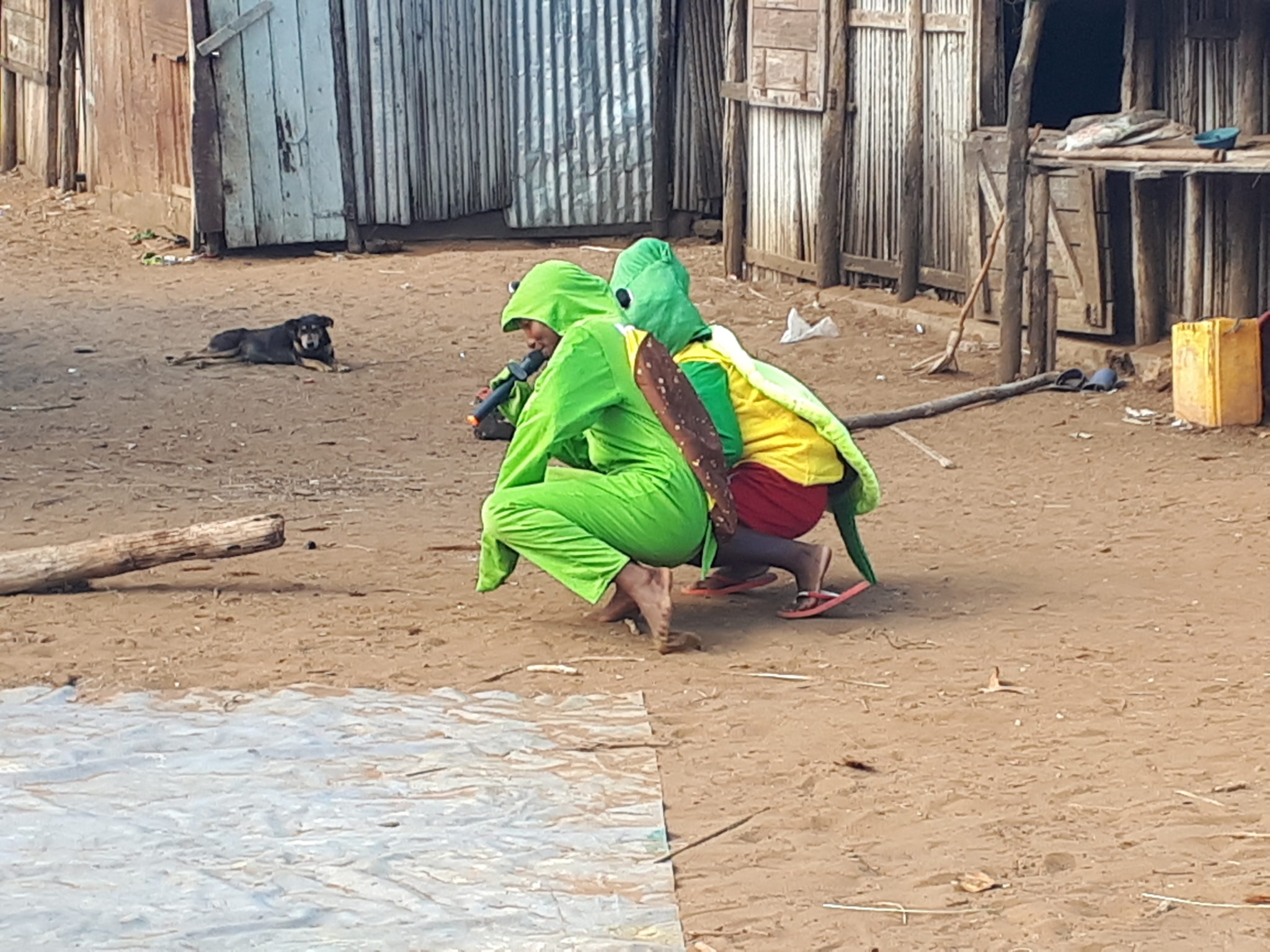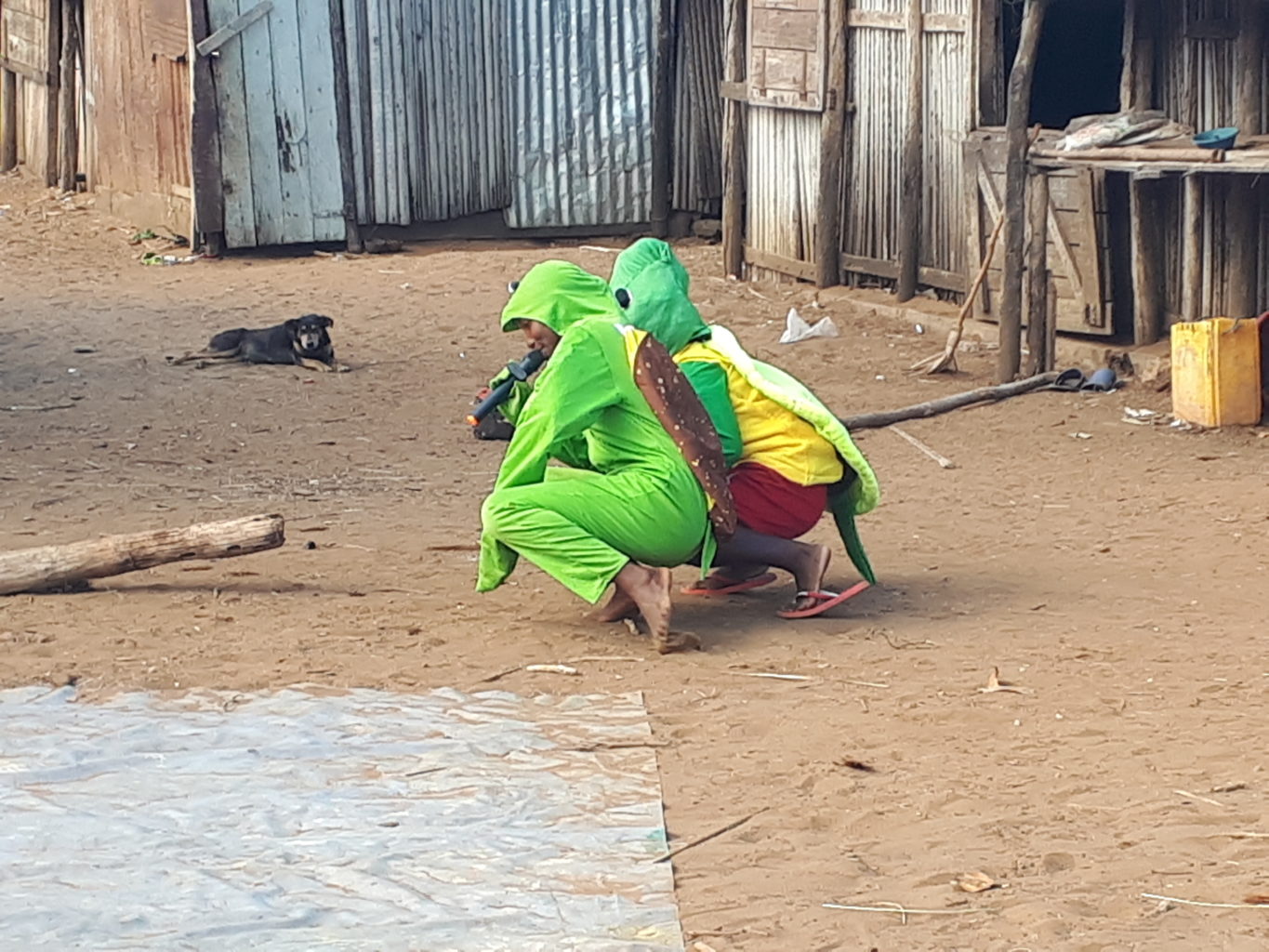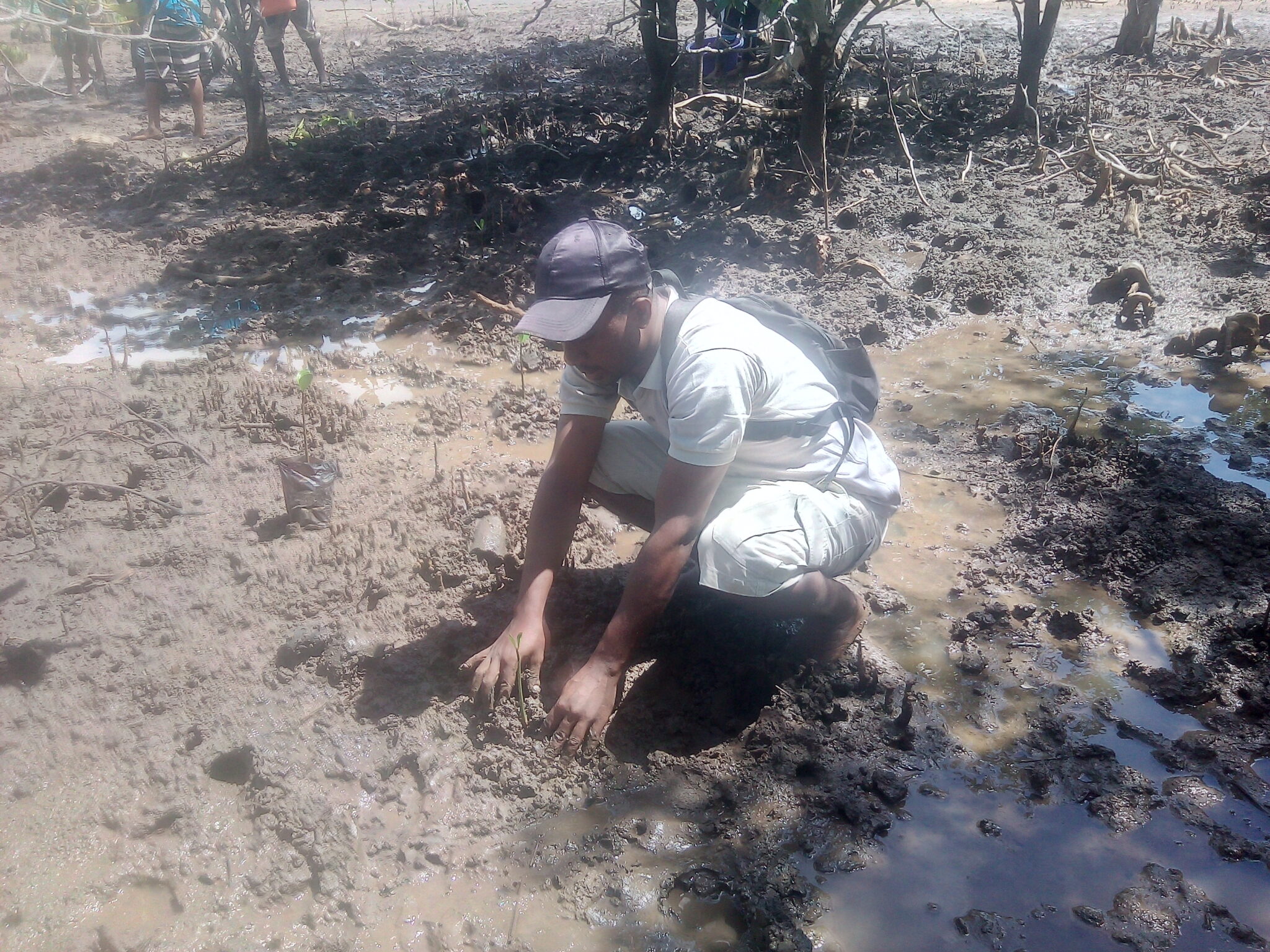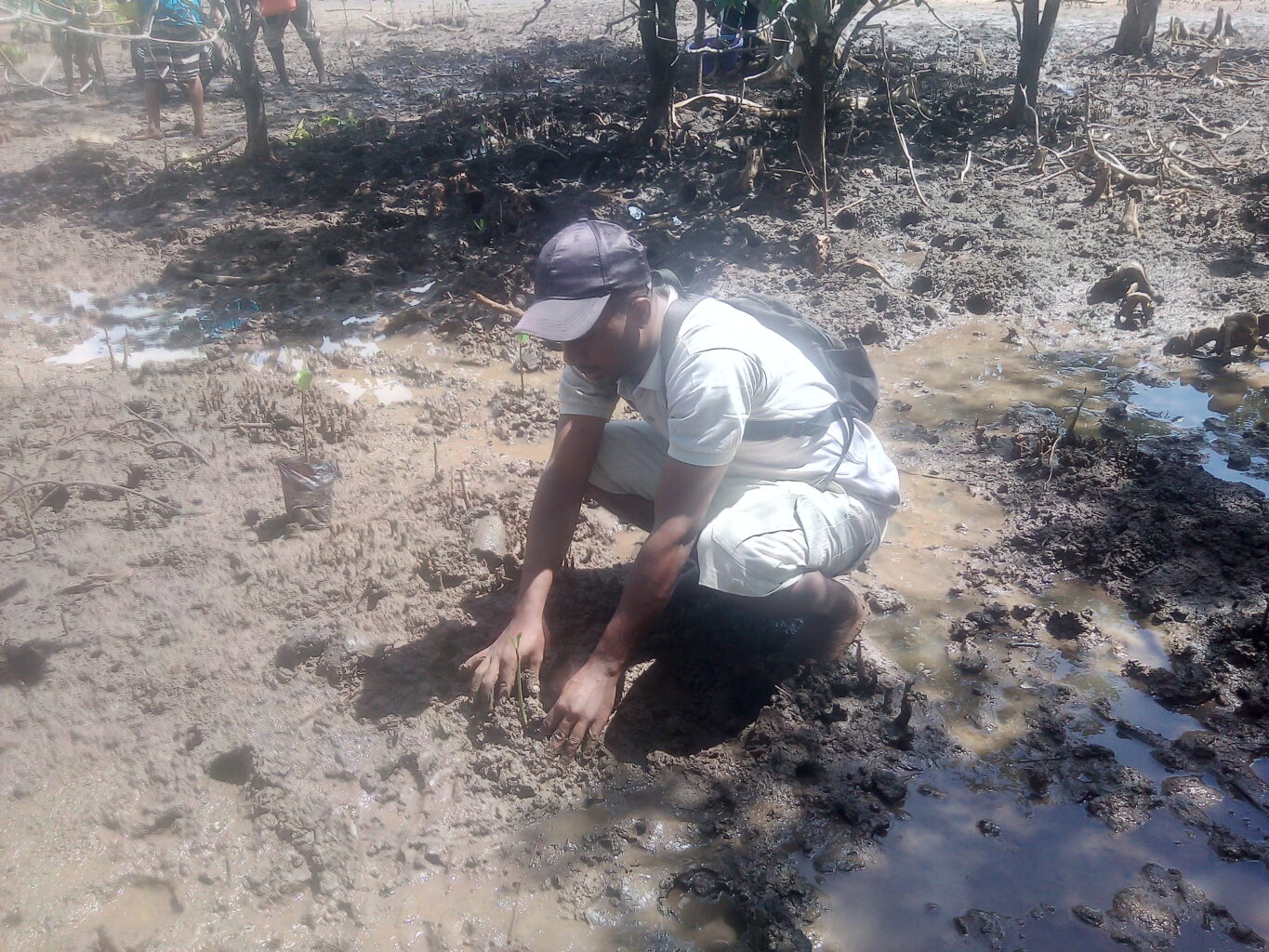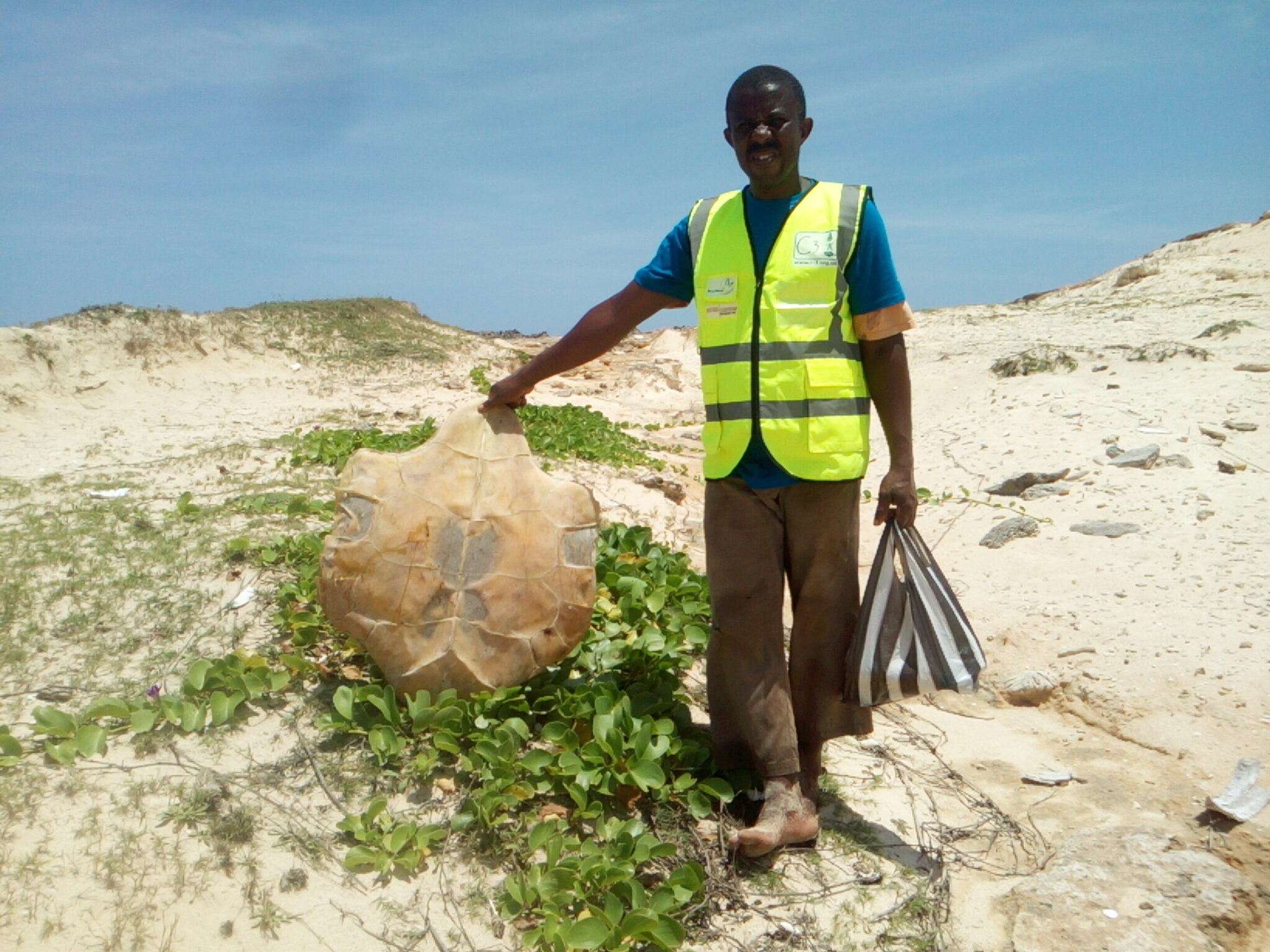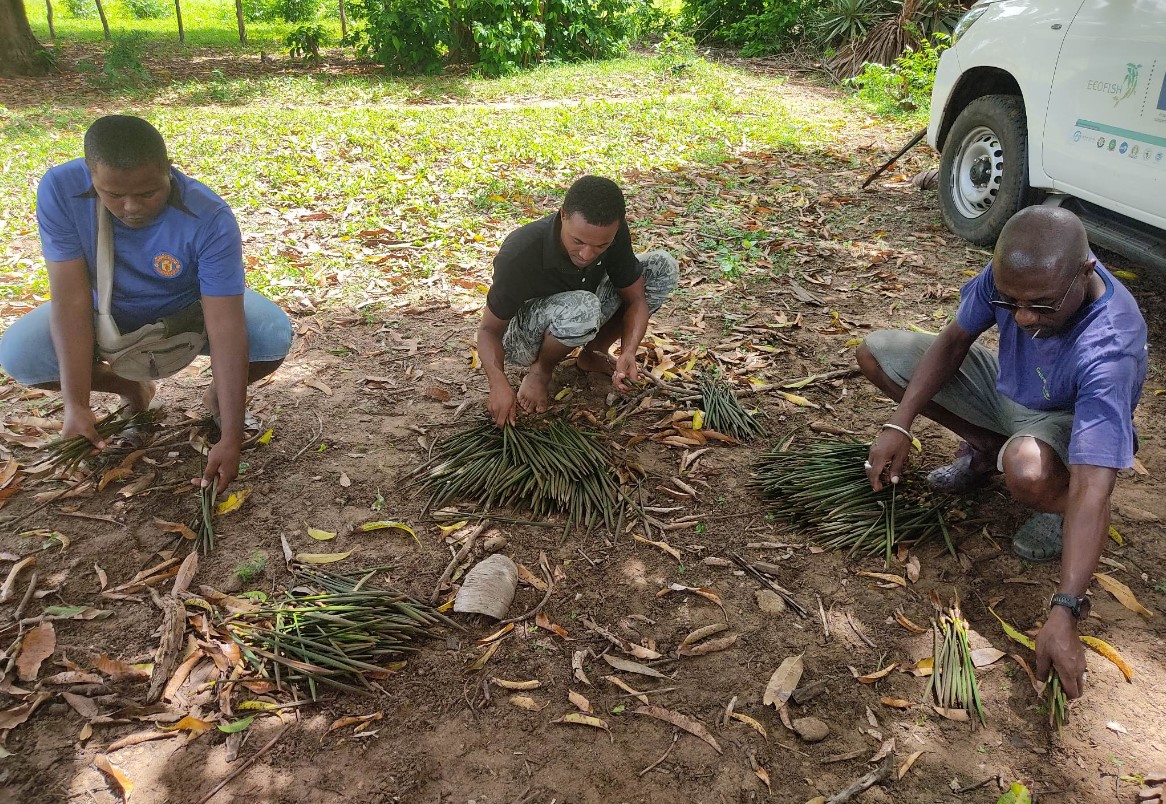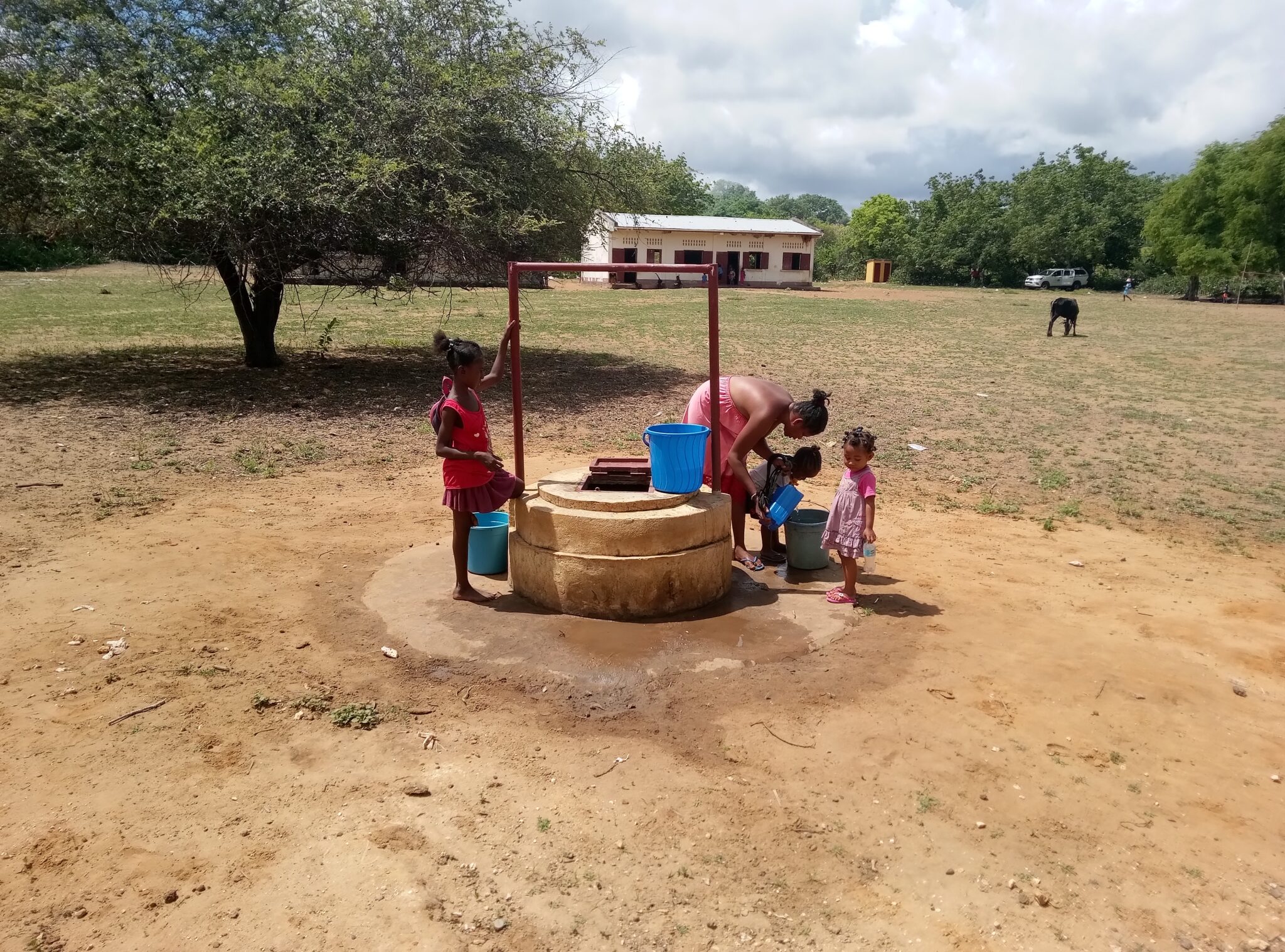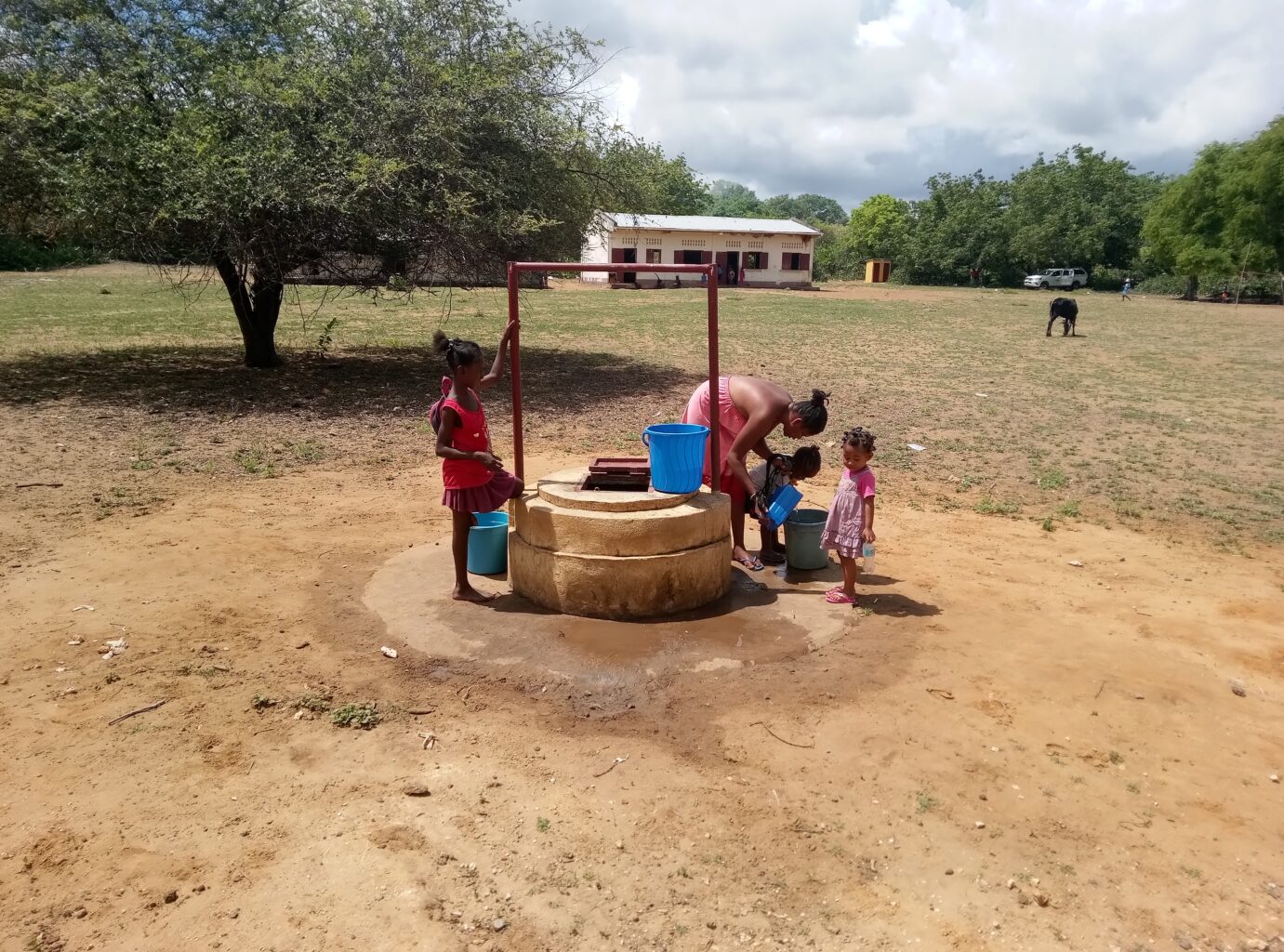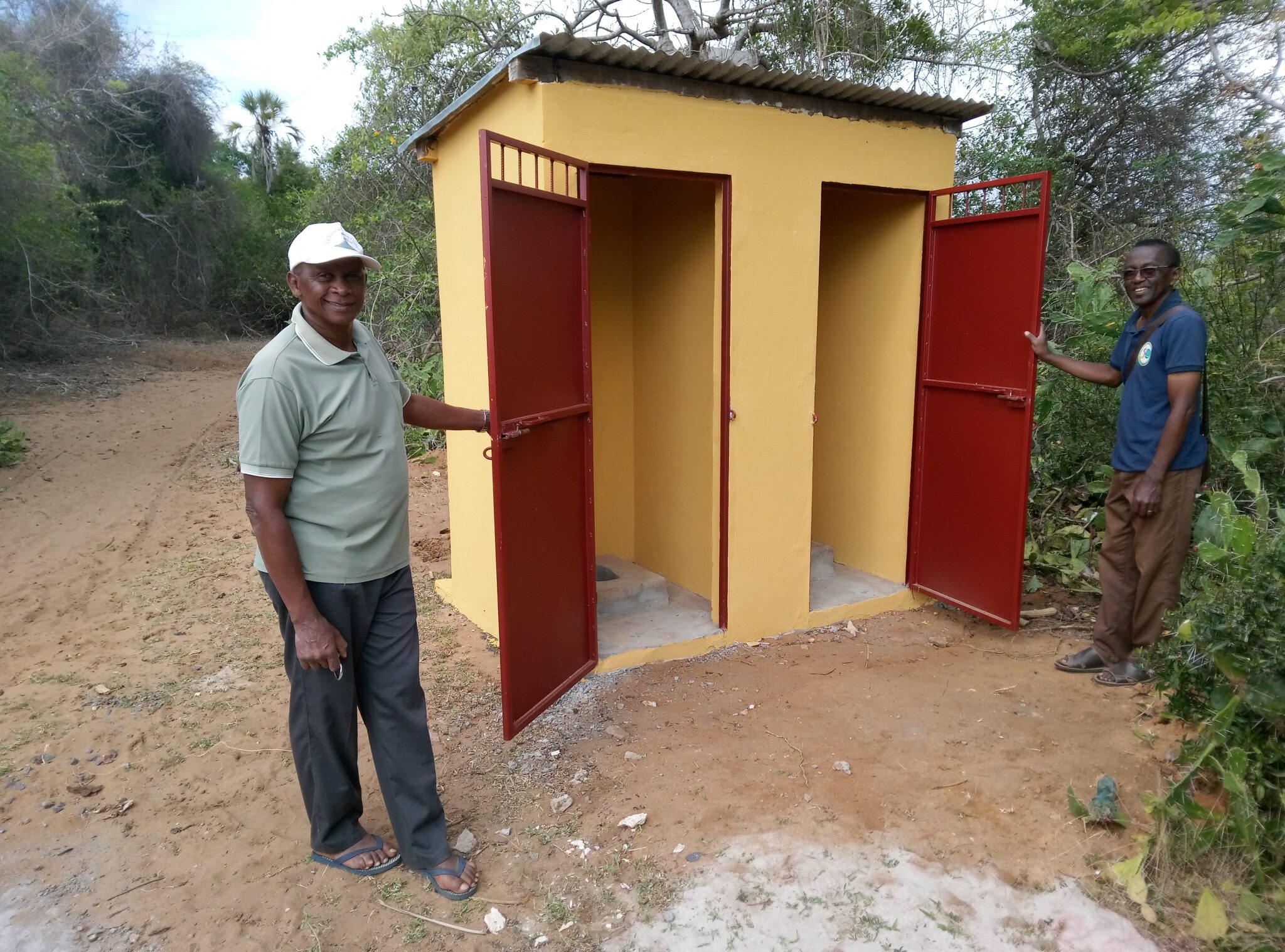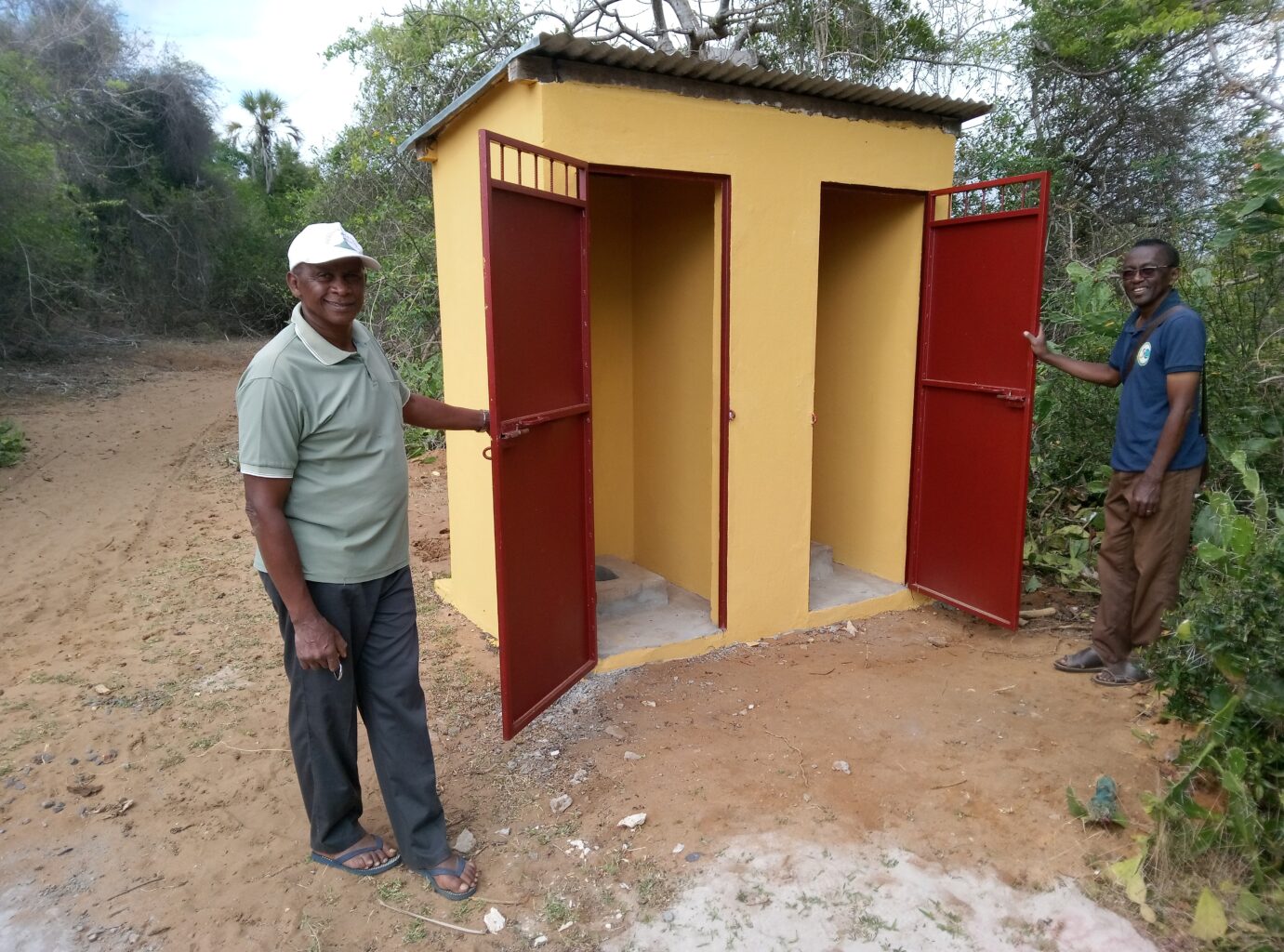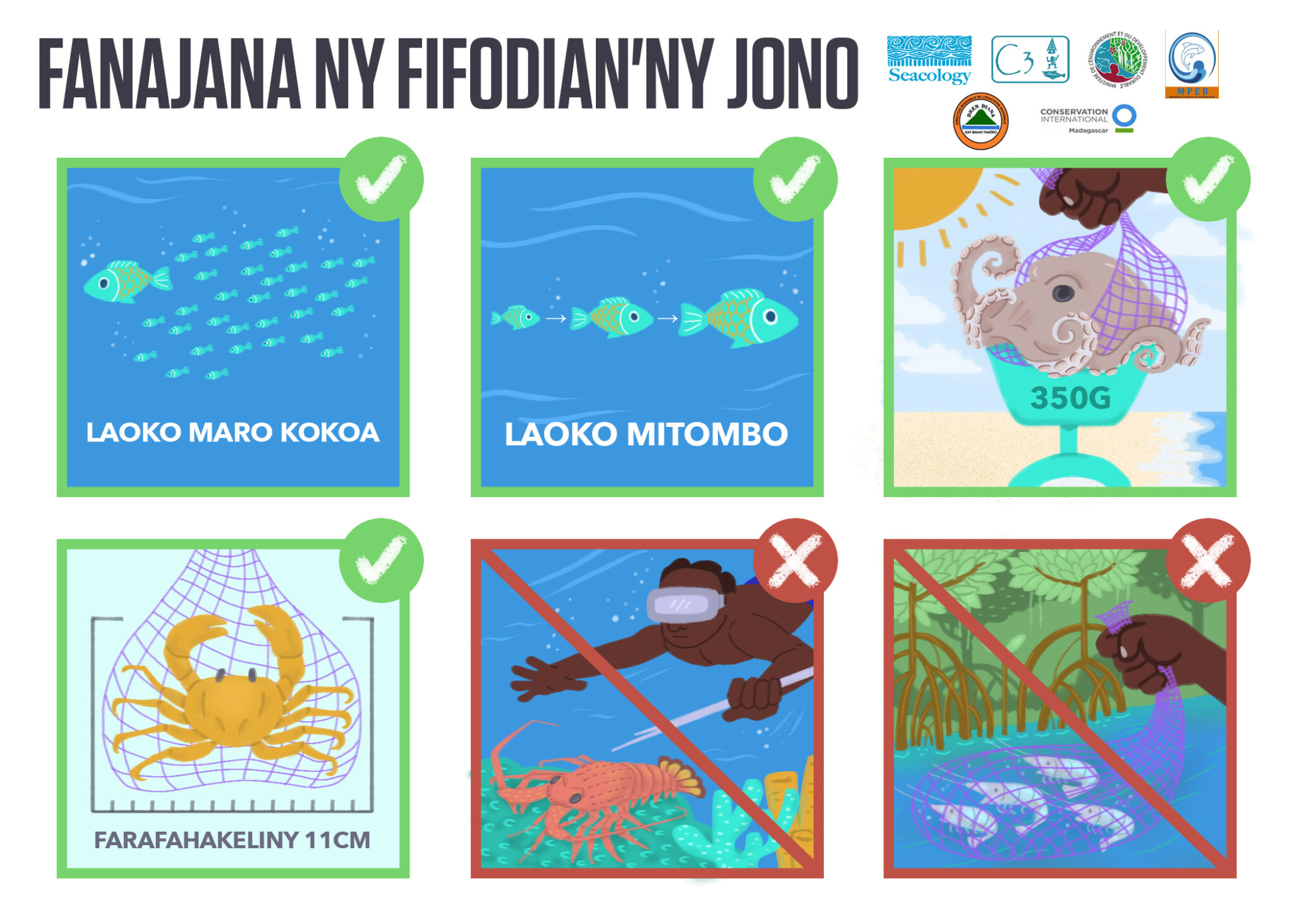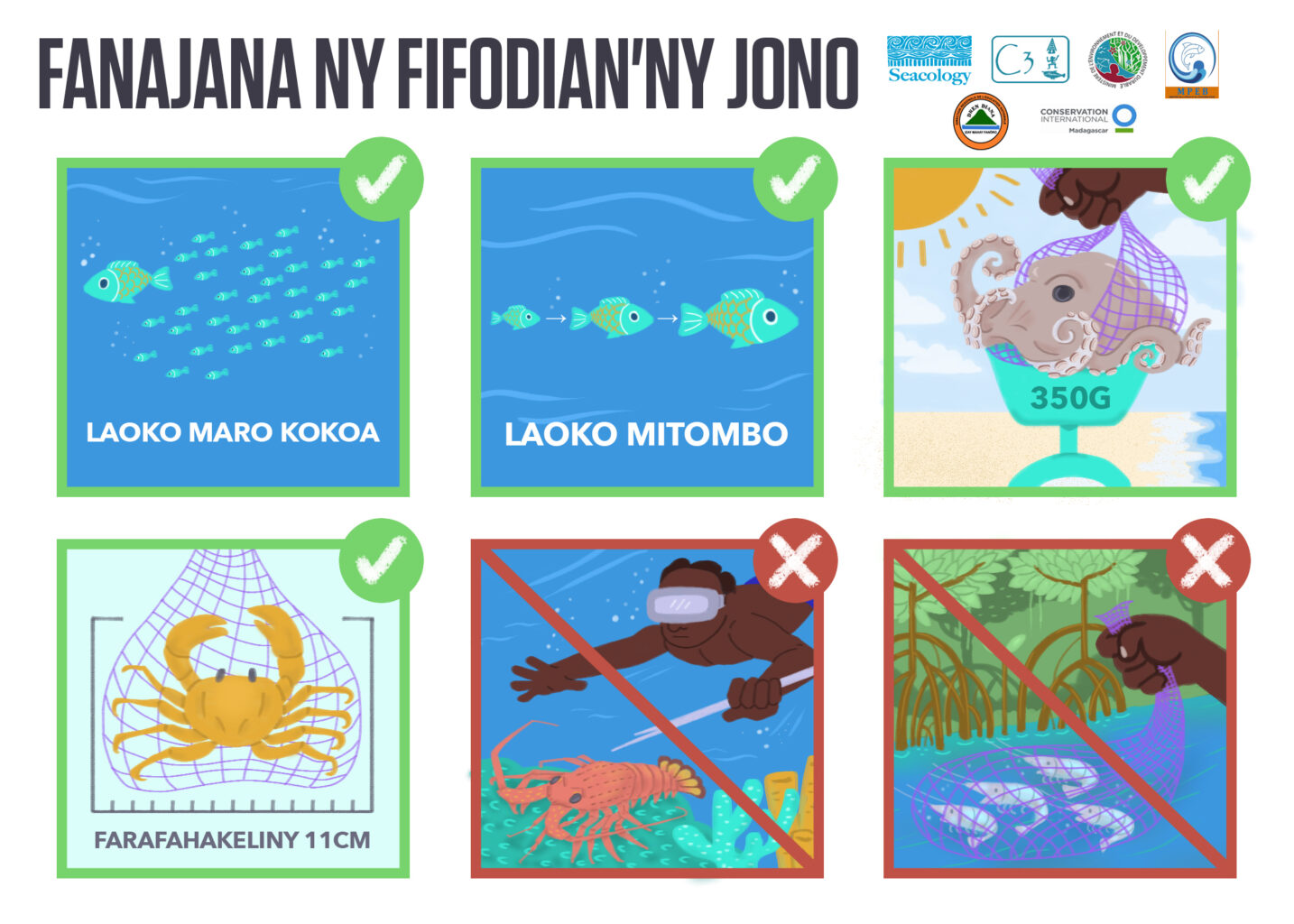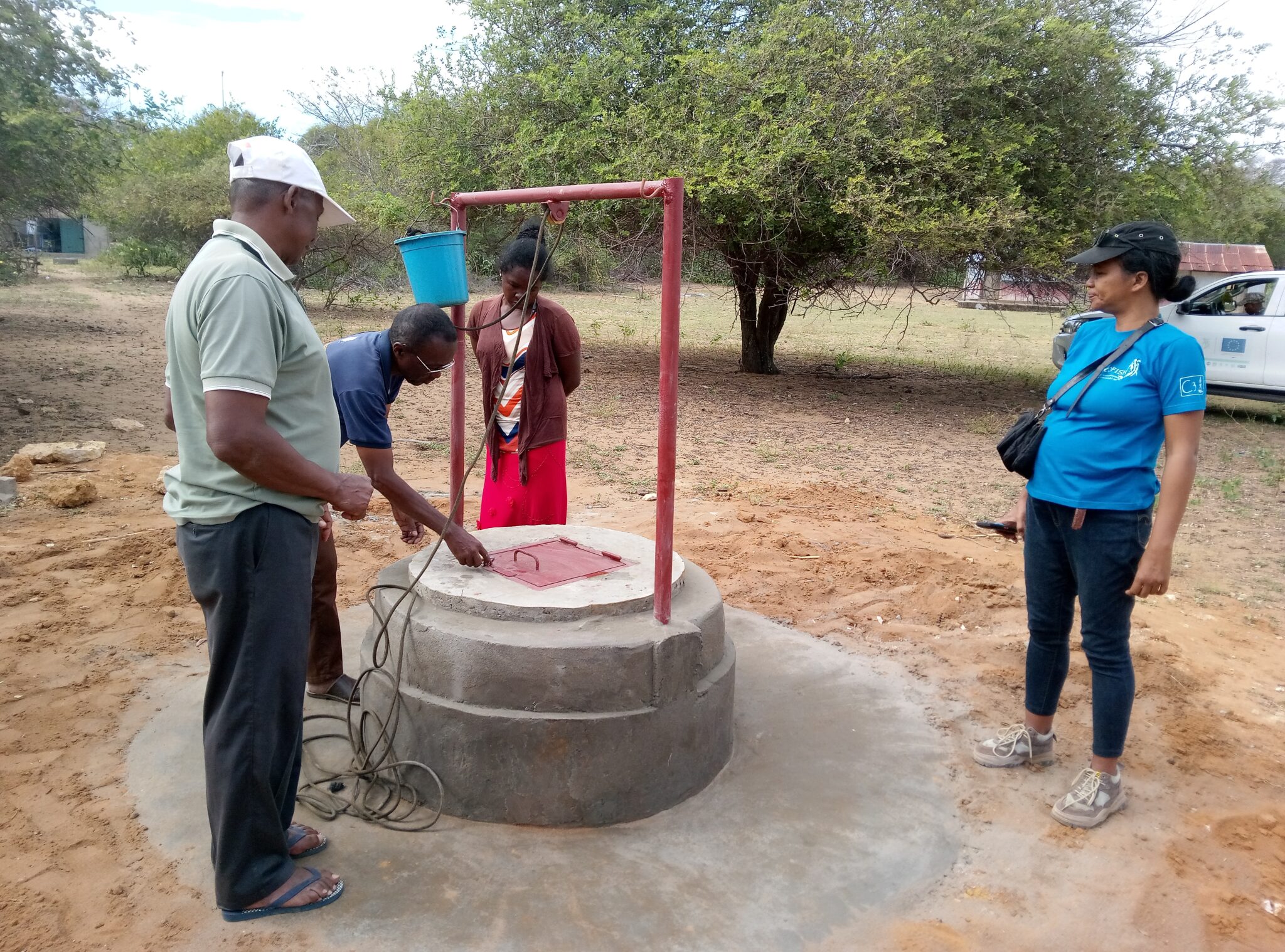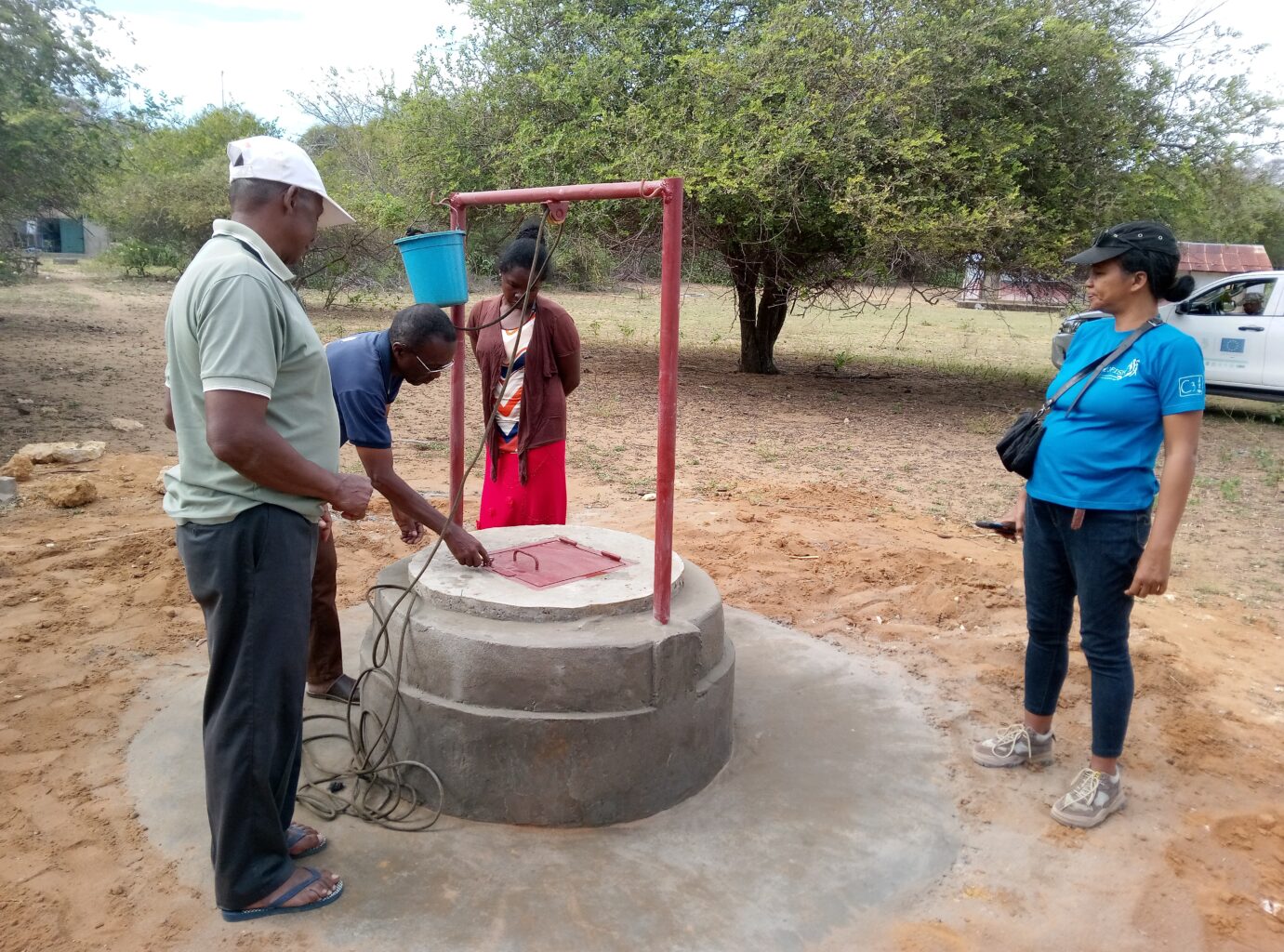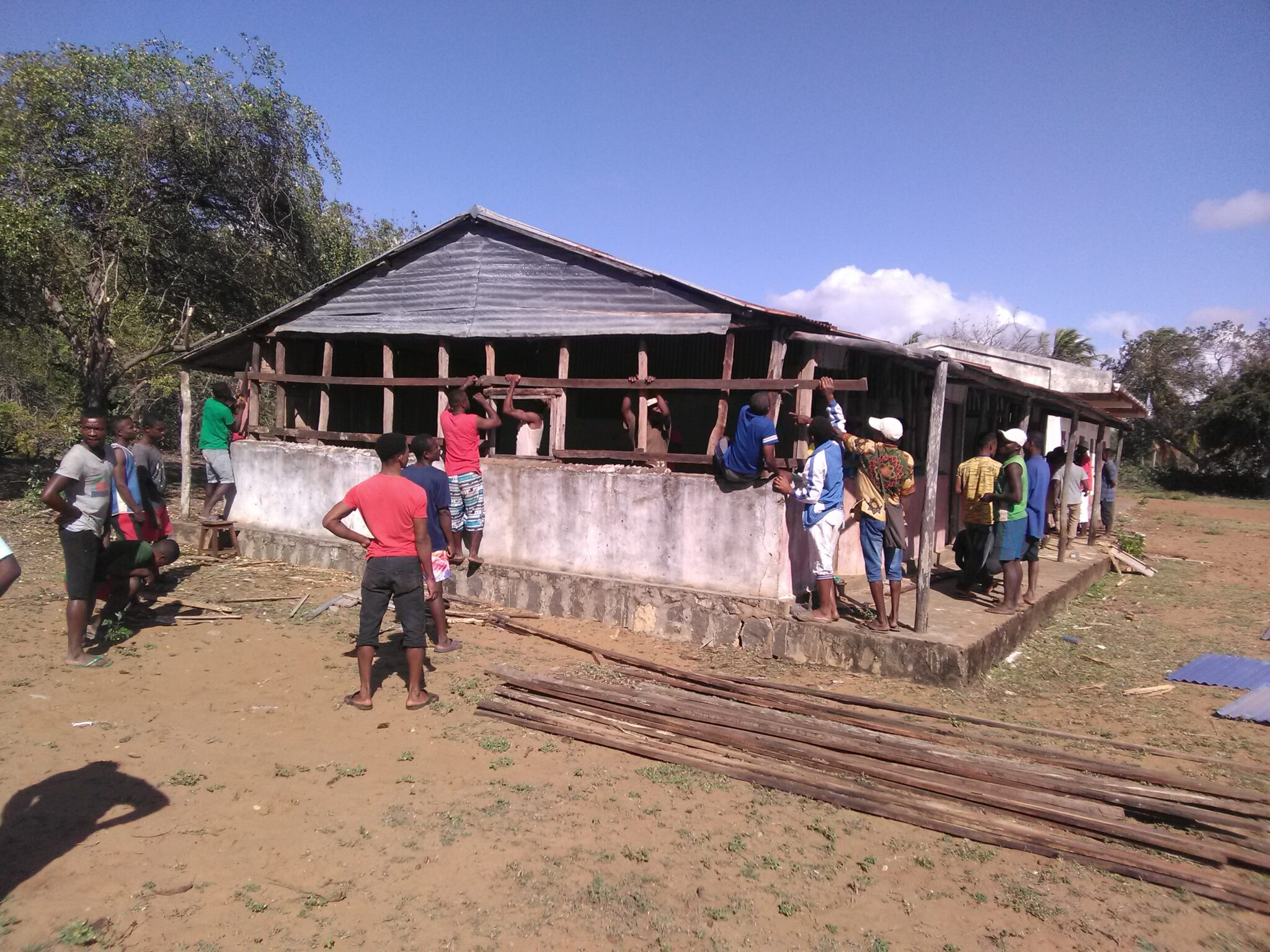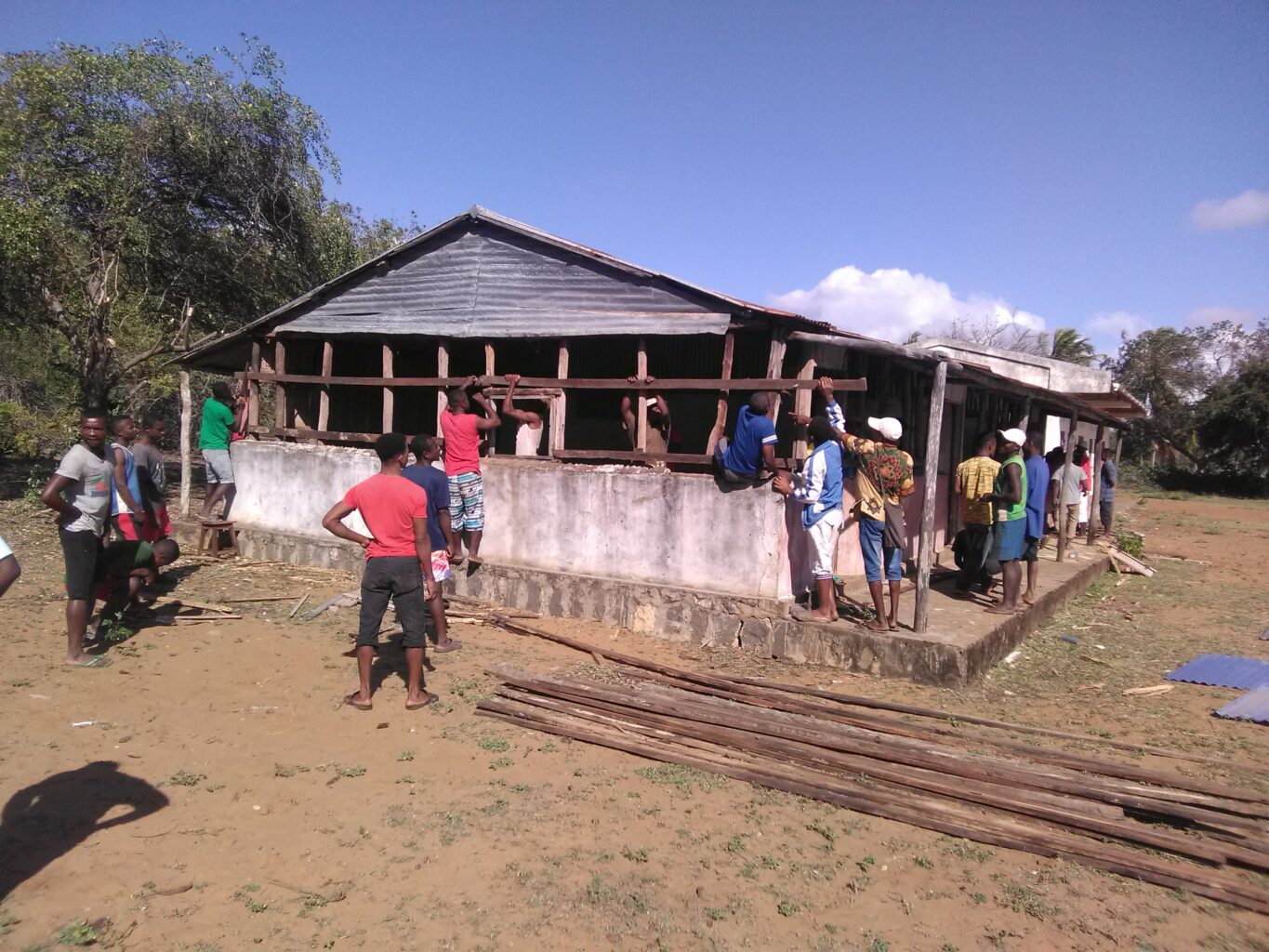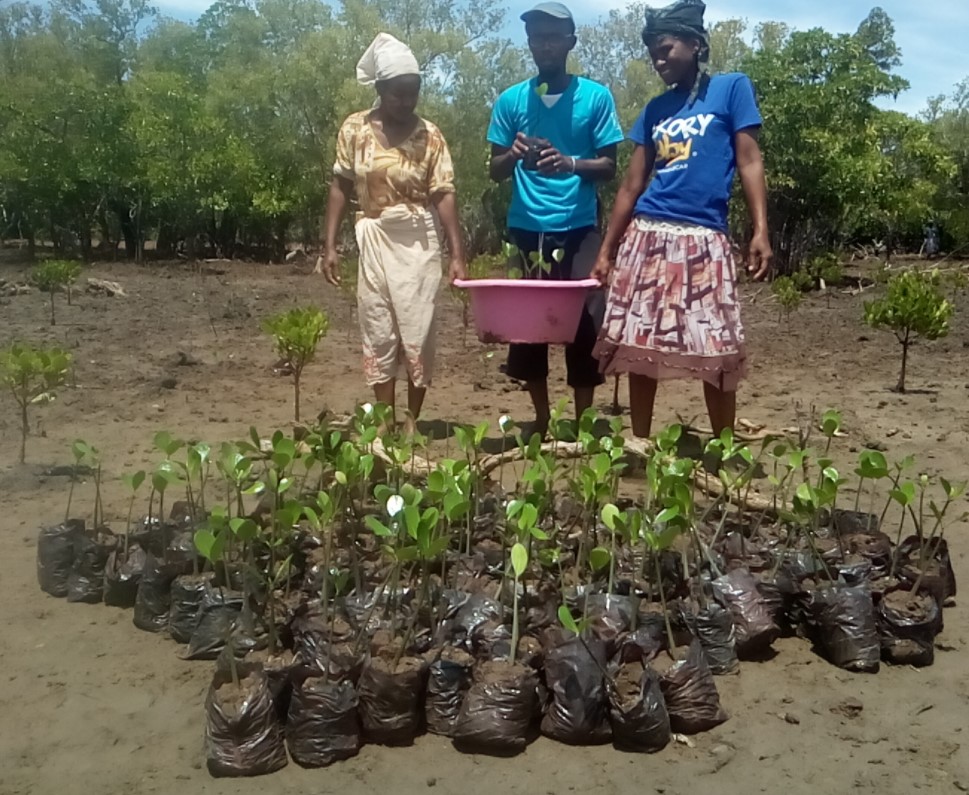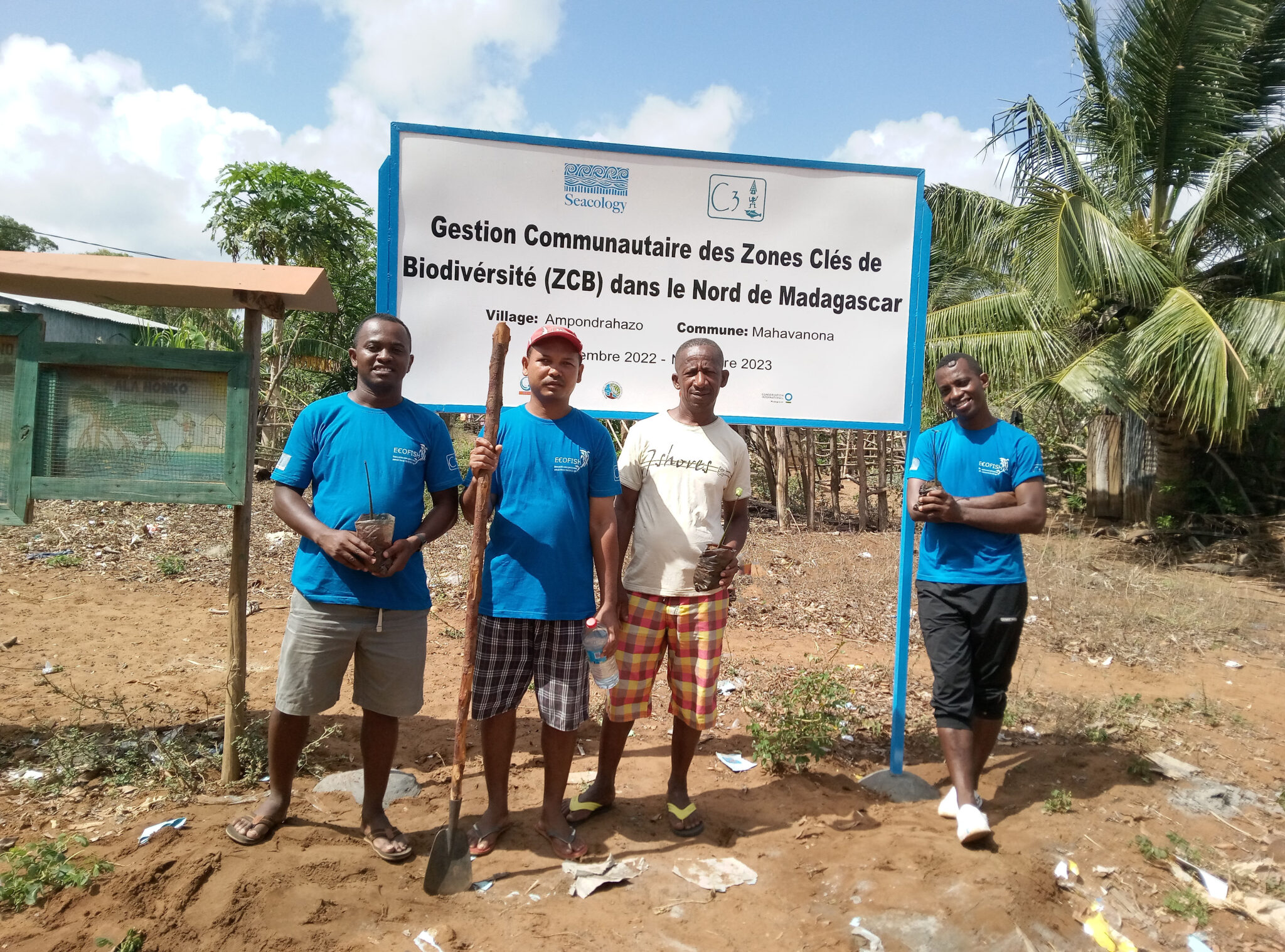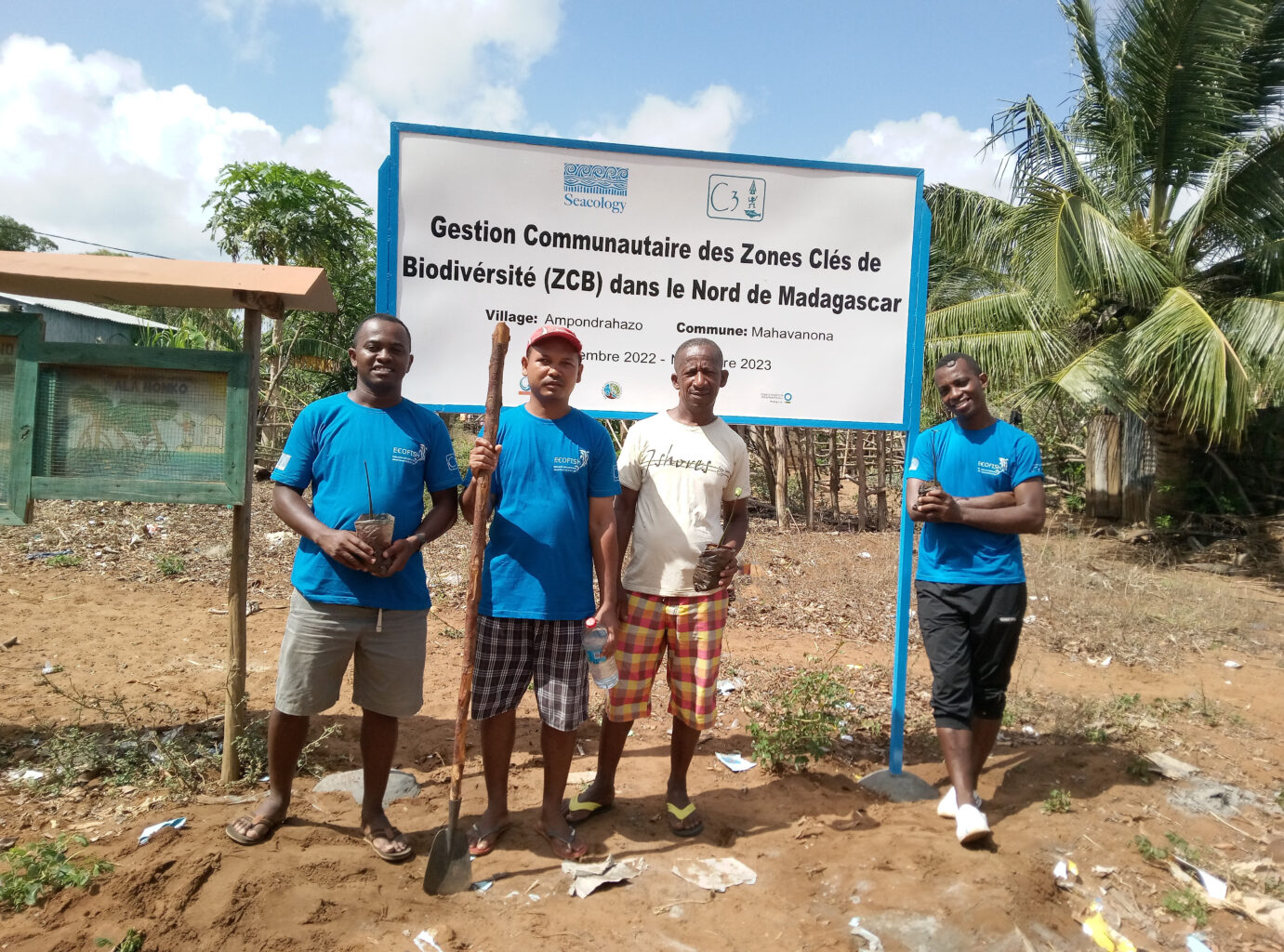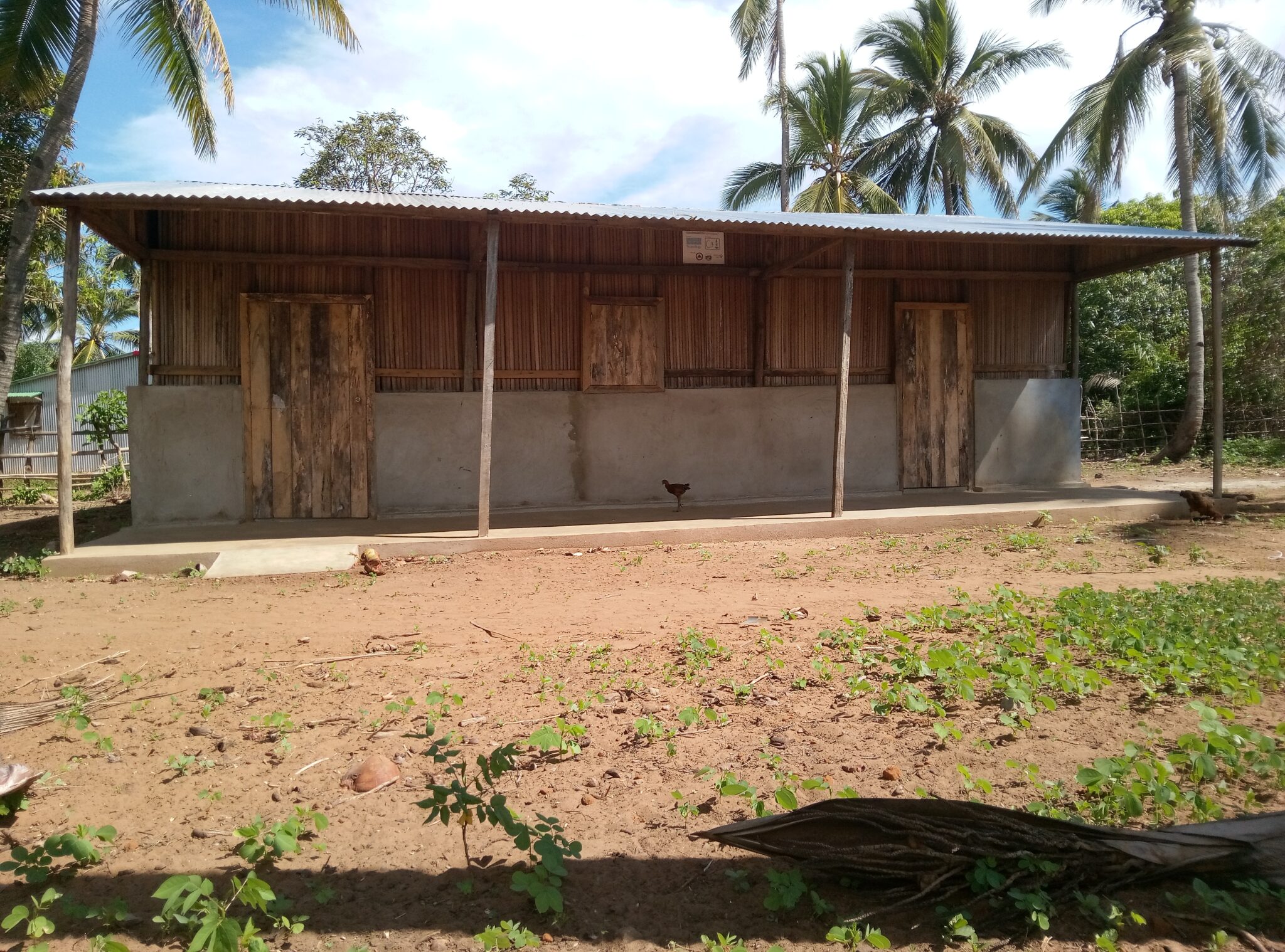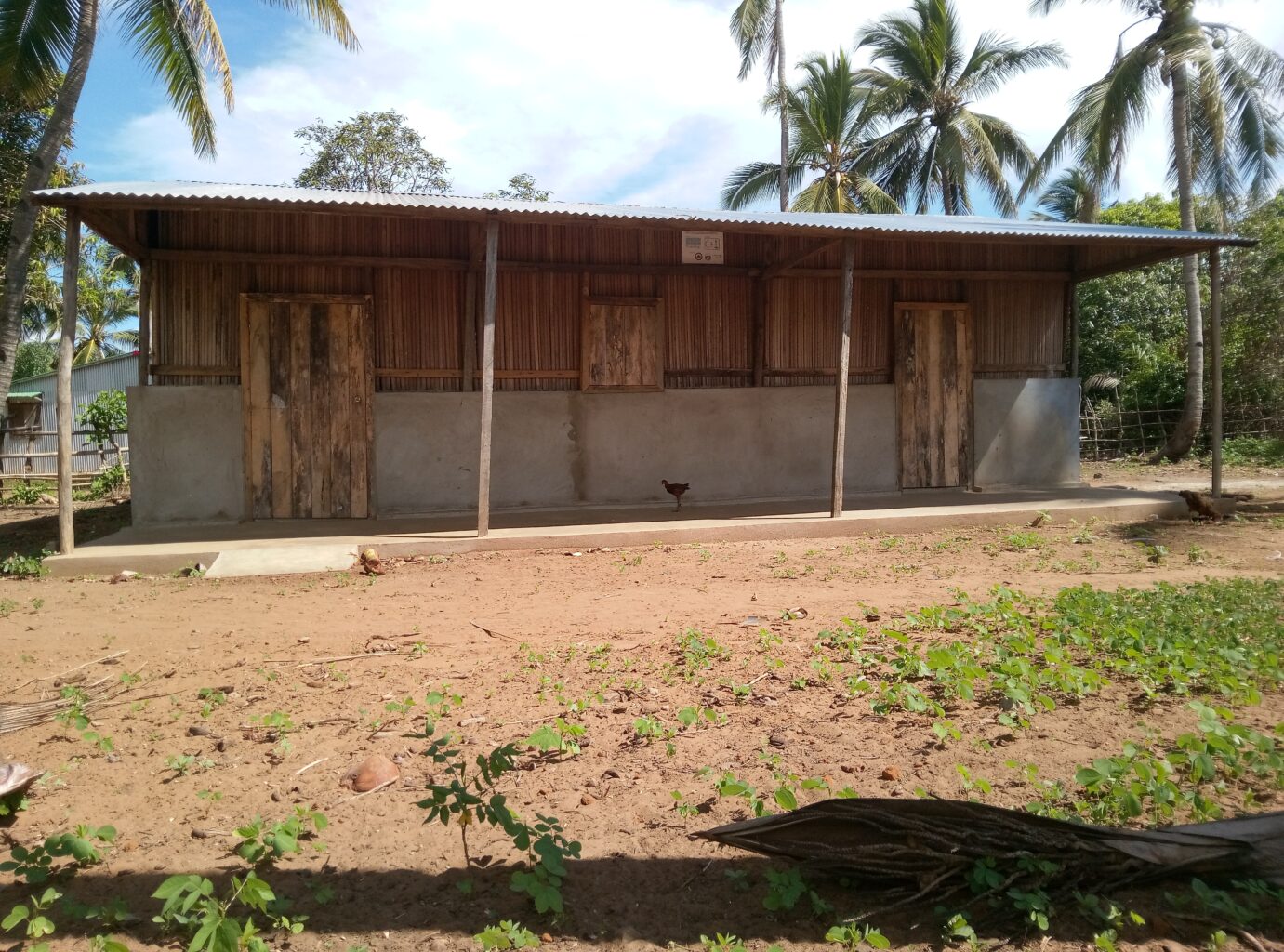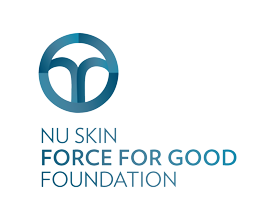Many plants and animals native to the Bay of Rigny, on the northern coast of Madagascar, share an unfortunate distinction: They are in danger of extinction. Hawksbill turtles, Madagascar jacanas, and northern sportive lemurs (one of the rarest lemurs in the world) are just a few. Exploitation of mangrove forests, destructive fishing practices by migrant fishers, and poaching of sea turtle and bird eggs pose enormous threats to the region’s coral reef, seagrass, and mangrove ecosystems. The pandemic made things worse, because city dwellers who lost their jobs went back to their home villages to live off the land (and sea). Poachers took advantage of the lack of enforcement.
In nearby communities, close to 90% of the people catch fish, crab, and lobsters for subsistence and livelihood. They are strongly motivated to protect their resources, but lack the funds and capacity to do so. Our women-led project partner, Conservation Centered Community (C3) Madagascar, will support two locally managed marine areas, both of which contain large areas of mangroves. Activities will include:
- mangrove restoration of 7.5 acres or more in each village, from nurseries set up with women’s associations
- patrolling (on foot or in nonmotorized boats) by community rangers 10 days each month
- annual habitat (coral, seagrass, mangrove) monitoring by trained community members
- monitoring sea turtle nests and hunting in Ambolobozokely during community patrols
- community outreach about the importance of marine turtles
- conservation presentations to students, incorporating music and theatre, plus creation of junior “Ecoguards” groups of 25 students
The village primary schools are in such bad condition that classes must often be cancelled when it rains. The schools lack toilets; bat feces stain the walls. The communities will use a Seacology grant, and volunteer labor, to repair them. They will also put up signs to mark the protected area and build a small ranger station at Ambolobozokely. It will serve as a base for management and patrols.



